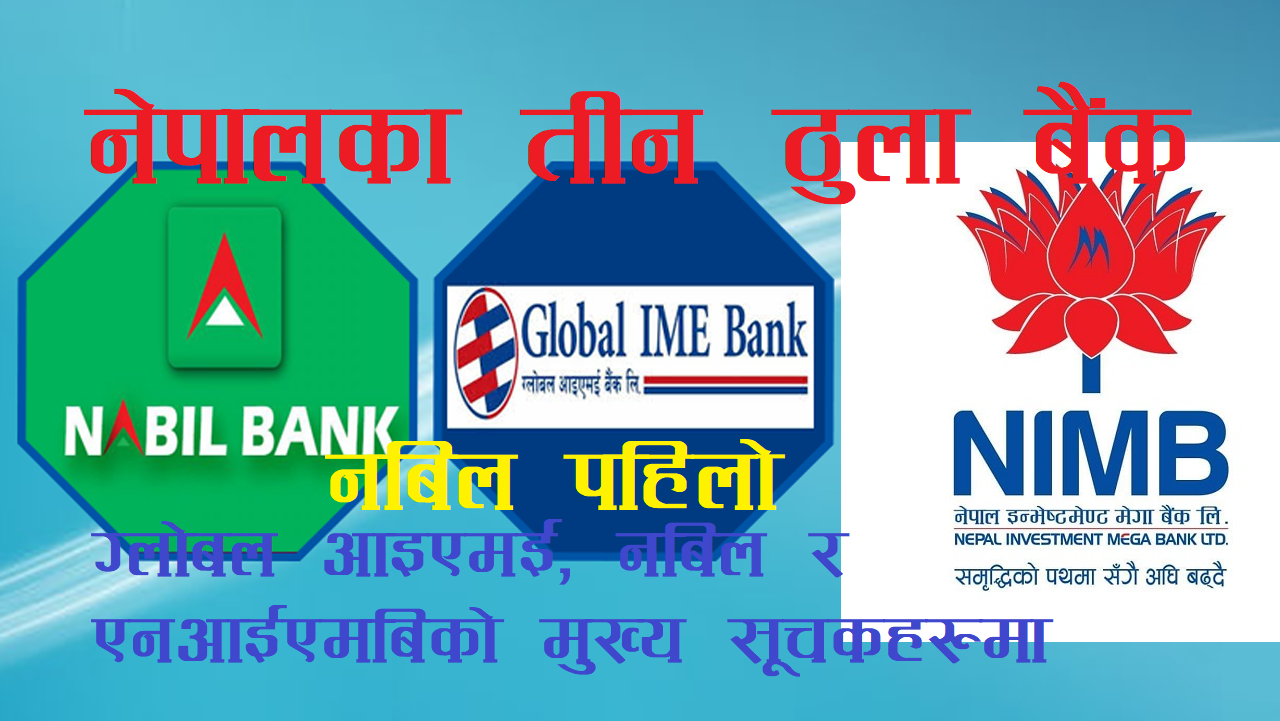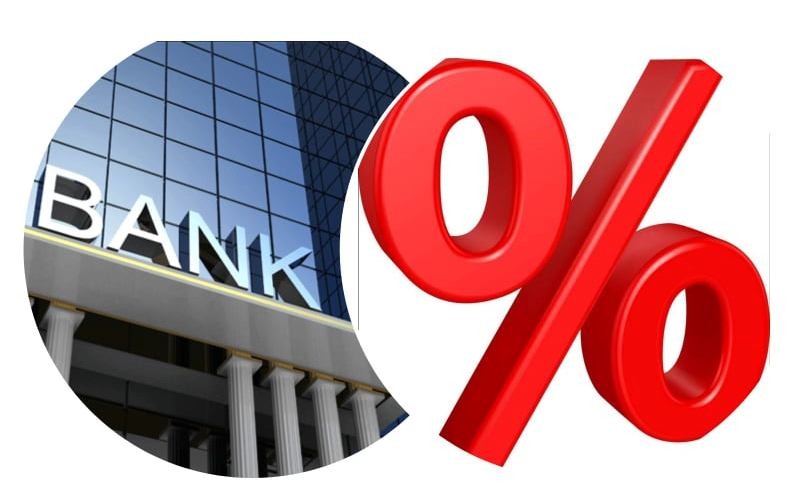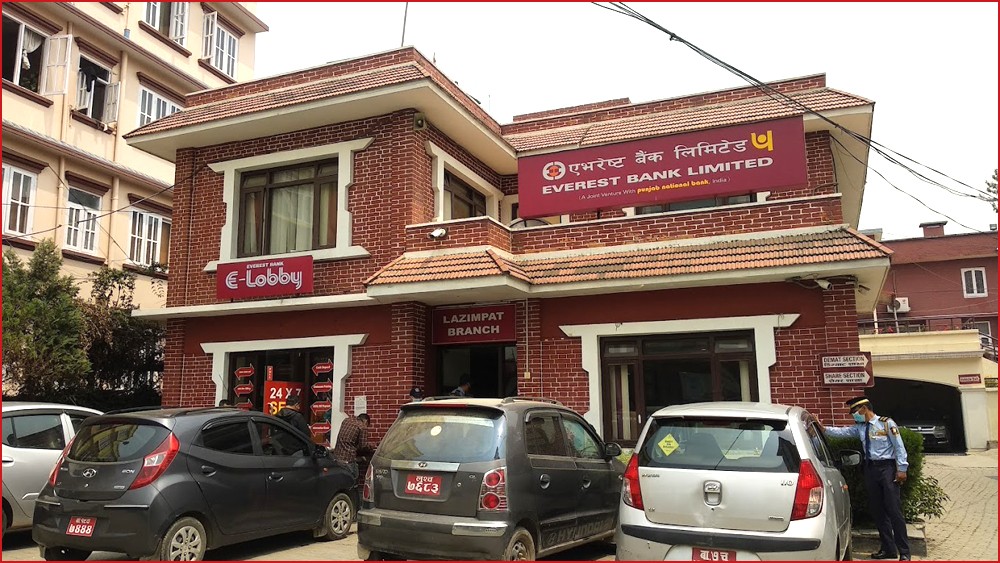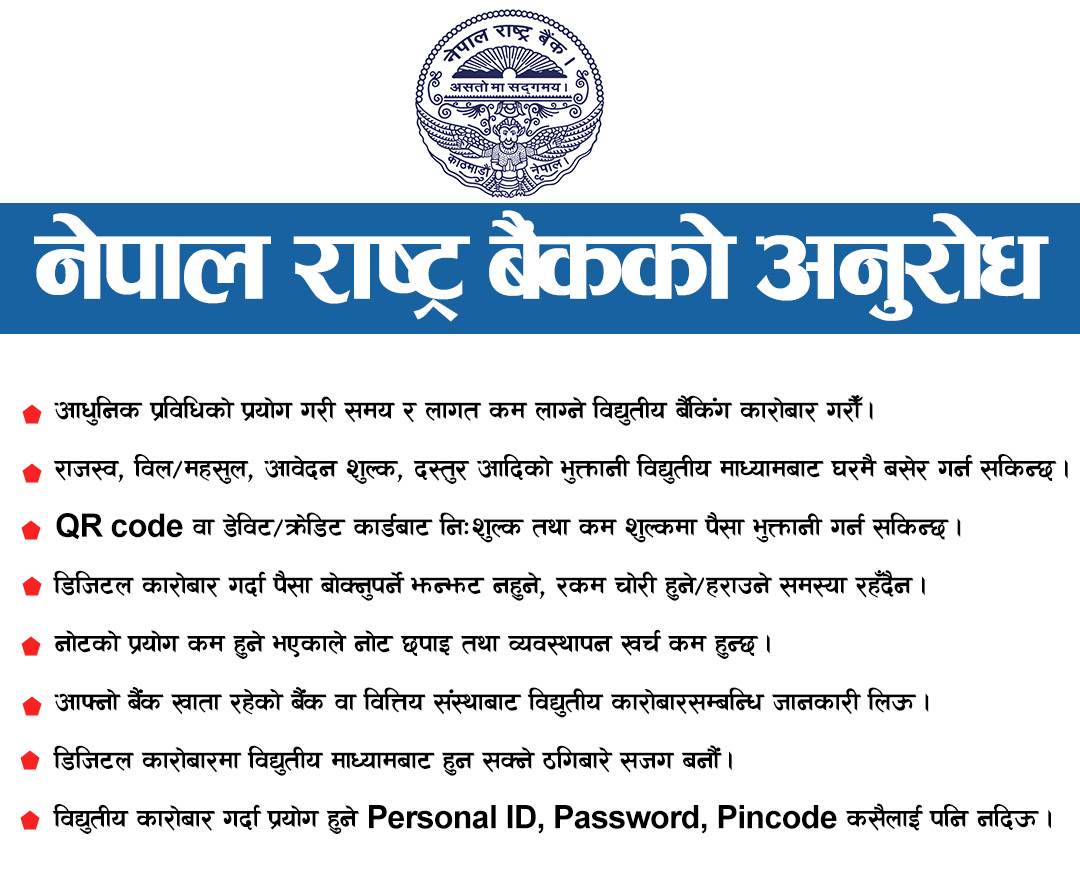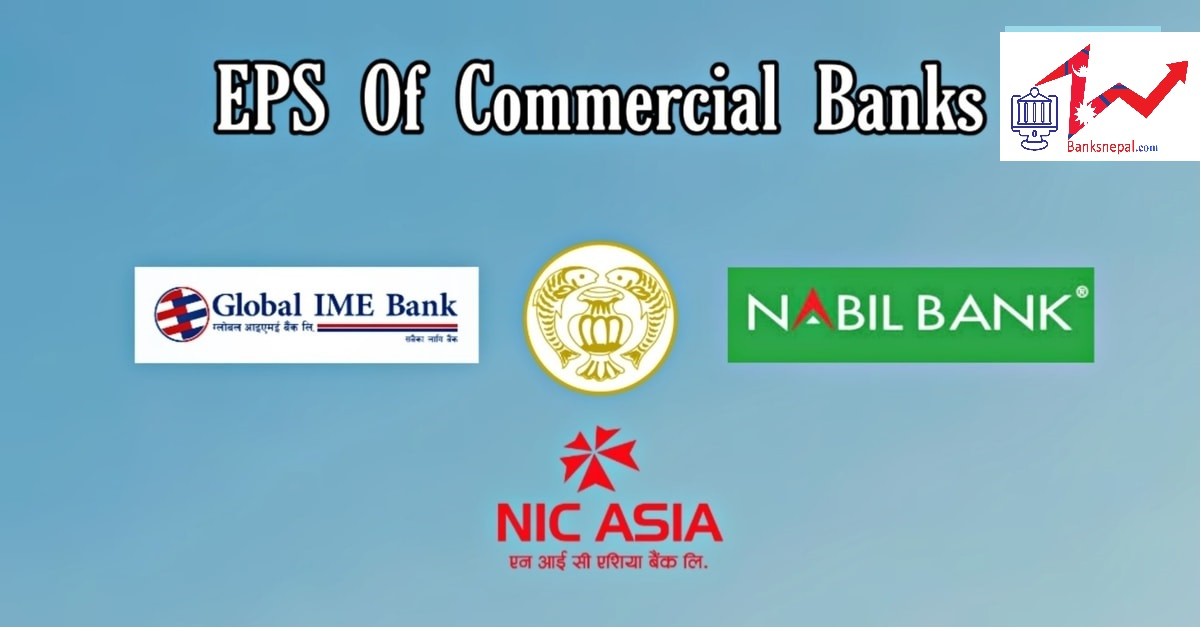
Kathmandu. Earnings per share (EPS) of most commercial banks have increased in the last financial year. According to the financial statements of the financial year 2078/79 published by 12 commercial banks, it has been found that the EPS of most of the banks has increased.
Compared to the financial year 2077/78, the EPS of 9 out of 12 banks has increased and 3 have decreased. During the review period, the EPS of banks other than Sanima, Citizens and Lakshmi Bank has increased.
NIC Asia, Everest, Standard Chartered, Nepal Investment, Global IME, Sunrise, Machhapuchhre, Prabhu and NCC are the banks that increase EPS. Among these, NIC Asia Bank has the highest EPS. The earnings per share of the bank, which was Rs 28.18 in the previous financial year, reached Rs 39.13 in the last financial year. The bank has not paid dividends to the shareholders from the profit of the previous financial year.
Similarly, Everest has the second highest EPS. The bank's earnings per share increased from Rs 19.91 to Rs 27.01. Similarly, Standard Chartered, Nepal Investment, Global IME, Sunrise, Machhapuchhre and Sanima Bank are among those earning more than 20 rupees per share. Prabhu's 19.52, NCC's 18.15, Citizen's 15.85 and Lakshmi's earnings per share is Rs 13.88.
What is EPS?
Earnings per share (EPS) is the basis of returns to investors. Investors also invest on the basis of the company's EPS. Earnings per share is the return after tax divided by the total number of shares. Earnings per share refers to the profit earned by the company by utilizing the capital collected from each share in the financial statement.
When investing in a company's shares, it is a practice to invest based on how much that company gives as a return on investment. However, EPS alone cannot be the be-all and end-all of an investment. Some companies with low EPS have high share prices.




